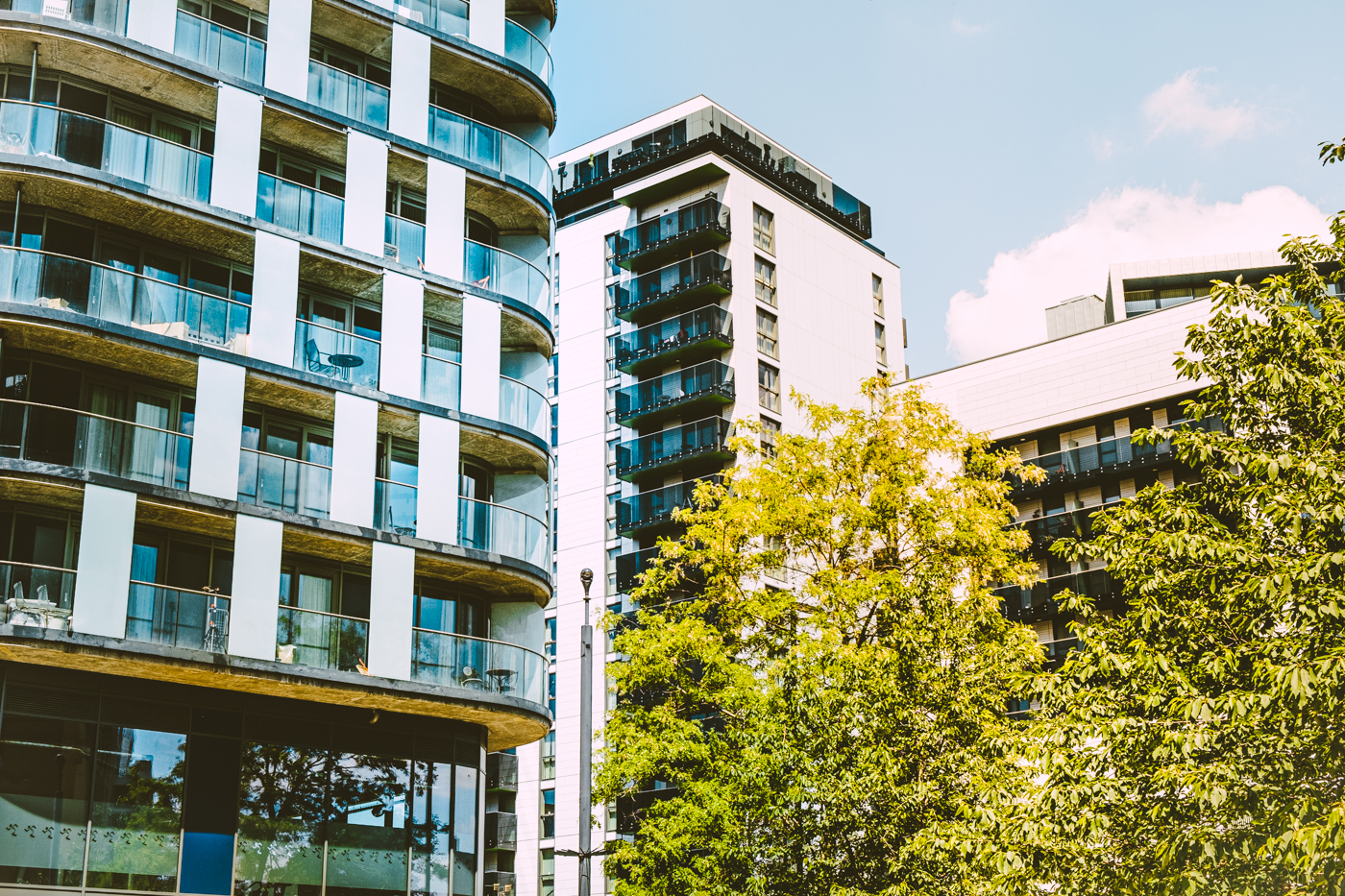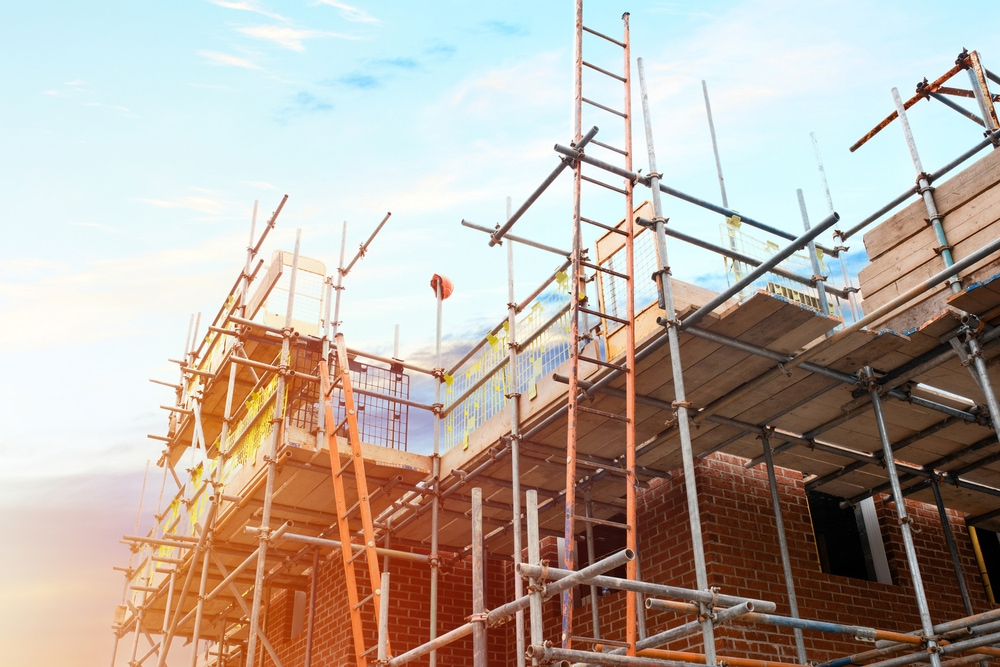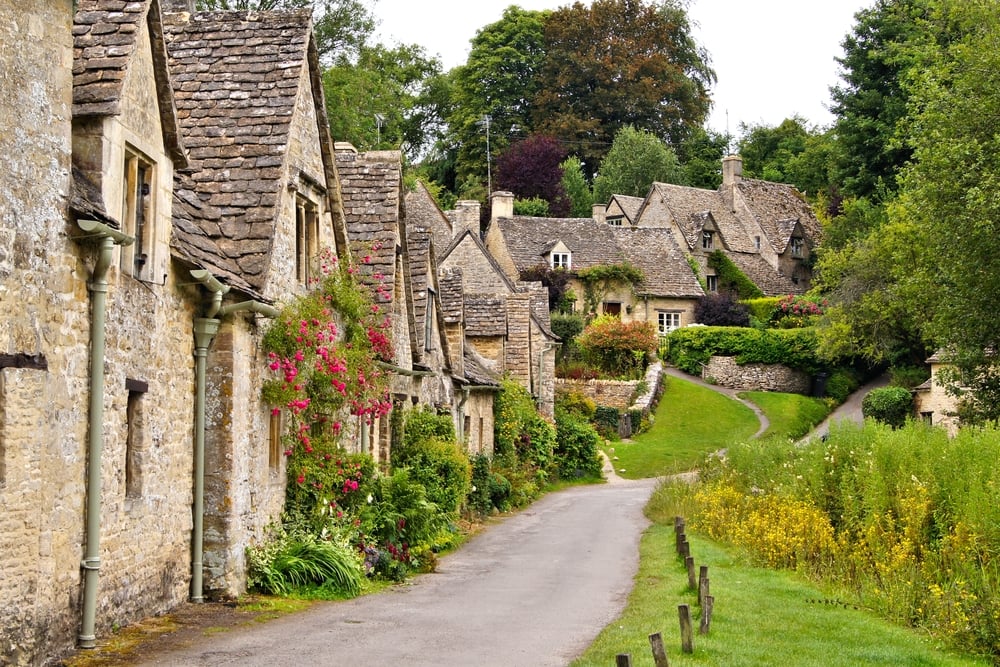Days
Hours
Minutes
Seconds
May 1 2026 - Renters' Right Act Commencement Day
You have 0 days to:
Serve any final Section 21 notices
Stop accepting above-asking rent offers
Prepare for the rental bidding ban
Remove “No DSS” from adverts
Remove “No Children” from listings
Show one clear rent price
Stop using fixed-term agreements
Switch to periodic tenancy templates
Check which tenancies go periodic
Stop taking rent before signing
Take no more than one month’s rent
Move all evictions to Section 8
Train staff on new notice rules
Create Section 13 process flow
Add two months to rent reviews
File court claims for Section 21s
Update landlord move-in grounds
Update landlord selling grounds
Send the RRA Information Sheet
Create written terms where missing
Update How to Rent processes
Review tenant screening questions
Update pet request processes
Stop backdating rent increases
Discuss rent protection backbooks
Act now before it is too late...
Preparing your agency for new smoke and carbon monoxide alarm regulations
With changes to the rules around carbon monoxide and smoke alarms in England and Wales on the horizon, your agency needs to advise landlords on how to prepare.
The Goodlord team
Jul 18, 2022
Draft legislation has been published to amend the regulations for smoke and carbon monoxide alarms in social and private rented properties. "They have published a draft statutory instrument, so it could be changed - but I don't think it will be," says Robert Bolwell, Senior Partner at Dutton Gregory, in a recent Goodlord webinar.
The new rules are expected to come into effect on 1 October 2022 in England, and 1 December 2022 in Wales - in line with the Renting Homes (Wales) Act 2016, says Bolwell - and here are seven of his tips to help your agency prepare.
1. Install smoke alarms on each story of the property
Although landlords in England are already required to install a smoke alarm on each story of their rental property, there is currently no obligation on landlords in Wales, says Bolwell.
The new rules on 1 December will therefore impose this new requirement on landlords, as part of plans under the Renting Homes (Wales) Act 2016 to "change the way all landlords in Wales rent their properties," according to the Welsh government.
2. Test your smoke alarms
"At the moment what we're saying is from 1 October onward [in England], the landlord will be responsible for repairing any smoke alarms that are faulty," says Bolwell.
That means that the first step is to check whether there's an issue with the alarms that are currently installed in your landlords' properties, in both England and Wales.
"How do you know if your smoke alarm is faulty?" asks Bolwell. "Every time you do an inventory, you should be checking it. We've still got to check the smoke alarm on day one by going and pressing the button, to see if it works. But every time you do the inventory, you should check that smoke alarm."
3. Check the alarm's expiry date
Smoke alarms are a bit like yogurt, says Bolwell - they have an expiry date. Agents and landlords need to make sure that they're making a note of that date on their inventories. "If you go past that used by date, by definition, that alarm is not serviceable," he says.
This can have a knock on effect for your landlords' building insurance too. "Forgetting problems with tenants, what would your insurance company say if you were relying on an out of date smoke or carbon monoxide alarm and the place burned down?" says Bolwell. "That's one reason why they might avoid paying out for a new property."
4. Look into cost-effective solutions
"One thing the government hasn't done - in England anyway - is to say that all these alarms need to be interlinked or need to be hardwired into the system," says Bolwell.
That means that, unless the government were to change the draft regulations before they come into play, agents and landlords will be able to install battery-powered smoke alarms.
"There are now batteries out there, lithium batteries, which apparently will last for 10 years in a smoke alarm," says Bolwell. "That's a cheap option - or a cheaper option - for landlords rather than actually wiring everything in."
However, landlords in Wales will have less flexibility, as Bolwell outlines. "In Wales, every smoke alarm from 1 December has got to be hard wired into the property.
"So, if you've still got some battery alarms, warn your landlord that he's got a bit of work to do before 1 December."
5. Remember that the carbon monoxide rules don't apply to gas cookers
"You're now going to have a carbon monoxide alarm in every room where you've got some combustion. Back in 2015, the rules were that you need a carbon monoxide alarm if you were burning solid fuel. They've now extended that," says Bolwell. "If you are burning anything, you need a carbon monoxide alarm."
However, gas cookers don't fall under these new regulations and therefore no carbon monoxide alarm is required in a room with one.
"Gas cookers are dealt with under separate legislation, so if you have a kitchen with a gas boiler, you'll need a carbon monoxide alarm," Bolwell explains.
"If you have got a kitchen with no boiler at all but a gas cooker - although you've got combustion in the kitchen - you don't need a carbon monoxide alarm because gas cookers are under a different legislation."
6. Understand who's responsible for changing the batteries
Currently, the process for changing the batteries in carbon monoxide rules is yet to be fully outlined. Bolwell points to the guidance notes from 2015 for smoke and carbon monoxide alarms, which make it clear that "you can impose on the tenant the obligation to maintain, change the batteries, et cetera."
"If you simply run out of battery life, then that's not faulty as such, so I think we can still insist on tenants changing the batteries - which is probably standard in more or less every AST."
7. Make sure the alarms are accessible
Bolwell highlights that there are certain rules around how far from the boiler or combustion device you'll be required to install the carbon monoxide alarm but, aside from that restriction, you can install the alarms anywhere in the relevant room - within reason.
"The big question is that, if you've still got a battery alarm in England, say, and you've got an alarm which is eight foot off the ground, have you actually given the tenants the ability to change the batteries? Do they have an eight foot ladder? These things you've got to think about. "
This article is intended as a guide only and does not constitute legal advice. For more information, visit gov.uk.





